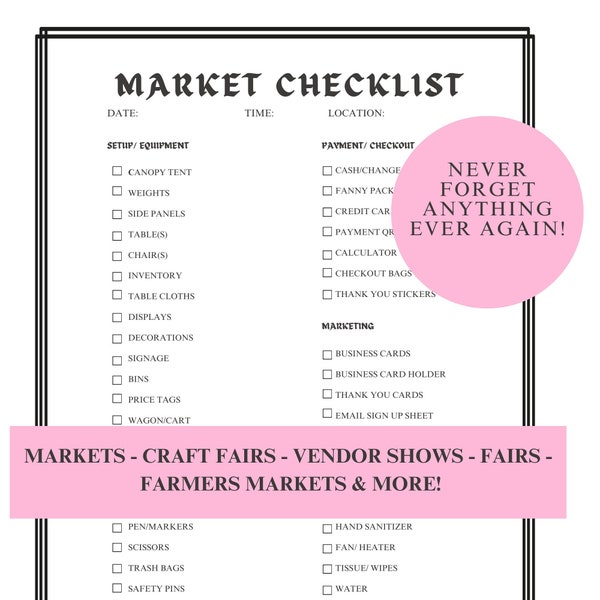The Science Behind Effective List Creation and Management
Creating effective lists requires understanding both human psychology and digital optimization principles. Research in cognitive science shows that well-structured lists reduce cognitive load, improve memory retention, and enhance decision-making processes. The key lies in balancing comprehensiveness with usability, ensuring that lists serve their intended purpose without overwhelming users.
Digital list management platforms have introduced sophisticated features such as collaborative editing, real-time synchronization, and intelligent categorization. These technological advances enable users to create dynamic lists that adapt to changing needs and circumstances. Advanced list management systems incorporate machine learning algorithms to suggest improvements, identify patterns, and predict user needs based on historical data.
The monetization potential of lists depends heavily on their quality, uniqueness, and target audience. Successful list creators focus on niche markets where specialized knowledge and curation add significant value. They understand that the most valuable lists are those that save time, provide exclusive insights, or offer access to hard-to-find resources. This understanding drives the creation of premium list products that command higher prices in digital marketplaces.



